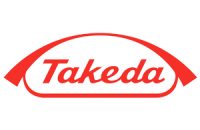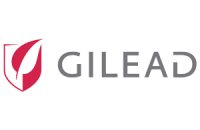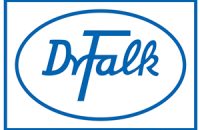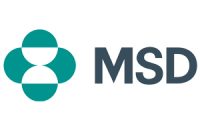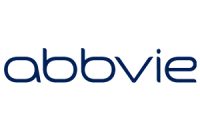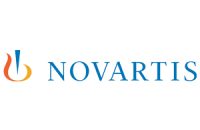Products
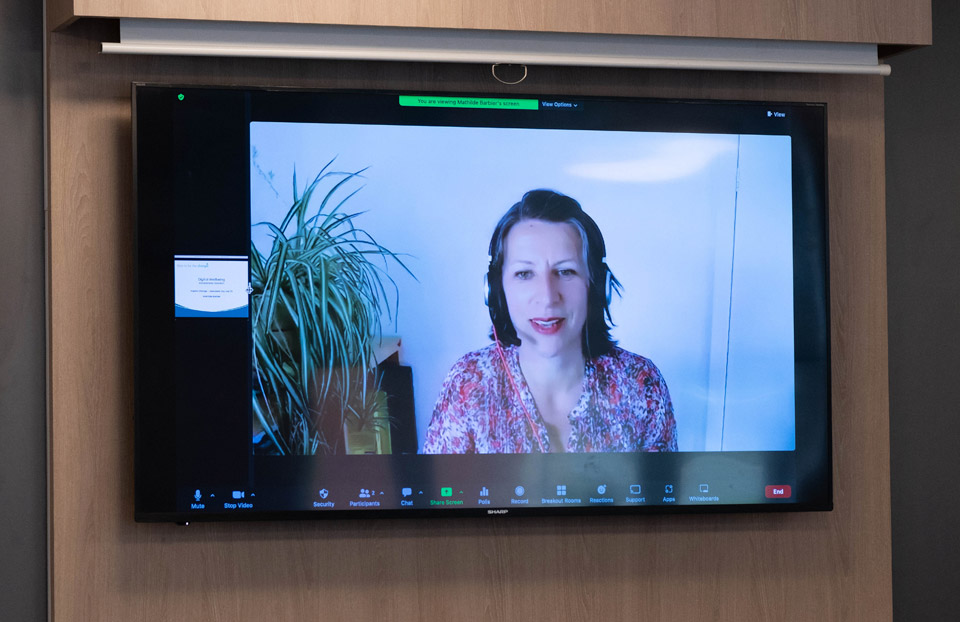
Virtual Learning
Virtual Workshops are developed bespoke and we use MS Teams, Zoom or Google Meets for delivery. Our professional facilitators keep things lively, delegates engaged, and with regular breakout rooms we ensure delegates engage and share experiences with colleagues and get the best virtual experience.
We also run our own series of webinars on selected topics, these are a good way to see our style of delivery. Ask us when the next one is!
Communication Styles
We have developed our Communication Styles based on the work of a Swiss psychiatrist and psychoanalyst – Carl Jung. Using a carefully developed web-based survey, participants answer 24 questions based on situation they might encounter in the workplace (typically in a healthcare setting). Based on the responses, our system dynamically builds a comprehensive report that illustrates their dominant communication style (or personality trait). We group these into 4 styles (and colours) which makes it easy to remember and understand. Thousands of healthcare professionals have now used this tool as an effective way of understanding more about their style and how to identify the styles in others (or opposites). Better communication across teams invariably leads to a more harmonious and more effective way of working together – which can only benefit the patient.
The four styles we use are:
Red: The Driver
‘I want it done right and I want it done now!’
Yellow: The Expressive
‘I’ve got a GREAT idea!’
Blue: The Analytical
‘I’ll have to think it over…I need more information’
Green: The Amiable
‘We’re all in this together, so let’s work as a team!’
Leadership Styles
Leadership Styles can often be described as ‘Situational Leadership’. As healthcare professionals move up through the system, more and more is expected of them, and more and more junior staff look to them for advice and direction. But one size doesn’t fit all! Our 24 question web-based survey challenges the participant with healthcare based situations where depending on the experience of their team member requires a flexible approach. No answer is wrong, but there are sometimes better ways of doing things to gain a superior outcome.
Our Leadership Styles survey produces a comprehensive report which is in two sections: The first identifies how FLEXIBLE a participant is in making their choices – it identifies how frequently they choose to move between each style in different situations. (Even if they are very flexible, that is not necessarily a good thing – unless they are flexible at the right time, by making choices that result in the most likely successful outcomes.)
The second part shows EFFECTIVENESS – how well you scored in each of their responses to the situations presented.
While no answer is wrong, some of the answers are certainly better than others, in those specific situations.
The four styles we use are:
By adapting their style to meet the needs of every situation they are faced with, they will ultimately become a more effective and highly respected leader, with a high performing team who are satisfied in the workplace.
Your 360
Our web-based 360 tool is a great way to learn more about your team and what others around them think about how they function across 4 key value areas:
The four key value areas are:
Participants are asked to nominate a minimum of 8 ‘observers’ and these ideally should include line manager, peers, direct reports and others. Their feedback is crucial as we all think we have a good way of doing things or think we are easily approachable by team members, but the reality from those around us will help identify where we do perform well (sometimes better than our own expectation) and where we should focus our efforts on improving and developing our leadership & management style.
Our 360 question sets are flexible, allowing us to build questions aligned to your organisations key strategies (or competencies) and can be tailored to align with different grades of experience, from very junior to senior board level.
A 360 report is often helpful during an appraisal, but there are other occasions where armed with a report (linked to individual coaching sessions) will lead to a better functioning team.
Our Clients

